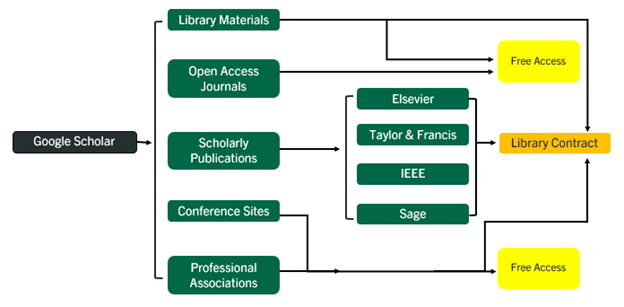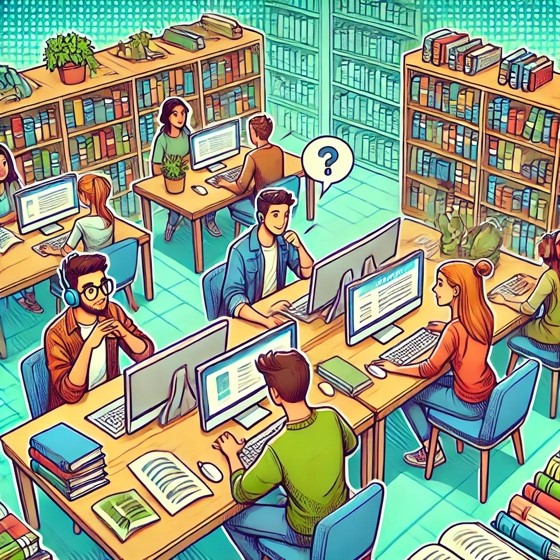

Enhancing Archival Access: USF Libraries Implements Ethical AI for Handwritten Document Transcription
Reading Time: 2 minutesThe University of South Florida Libraries is proud to announce a major advancement in its Digital Initiatives: the adoption of QDox, an AI transcription solution developed by Quantiphi and powered with AWS Textract. This technology is being used to transcribe handwritten archival documents with greater efficiency and ethical oversight.

Plan, Manage, and Share Your Research Data with Confidence: How the DMPTool Can Help
Reading Time: 2 minutesEvery grant proposal tells two stories: one about the research itself, and another about how the resulting data will be managed. For many researchers, writing a Data Management Plan (DMP) can feel daunting—but in reality, it’s an opportunity. A well-crafted DMP not only meets funder requirements but strengthens your research practices and ensures your data will remain visible, accessible, and impactful for years to come.

Copyright vs Terms and Conditions: Access and reuse of library collections
Reading Time: 2 minutesCopyright law protects creative expression as soon as it is saved or fixed, but this protection can be transferred and modified by contract law. Contracts can also provide guidance or put restrictions on how copyright protected material can be used. Library database and vendor contracts or license agreements establish rules for how the Libraries and its users may access content held by the vendor in exchange for a subscription fee to that content.

Harnessing Generative AI for Your Academic Research: A Look at Semantic Scholar and Associated Toolsets
Reading Time: 3 minutesExplore AI Research tools in this guest post by Evan Fruehauf.

Digital Commons Data @ USF: Our New Data Repository
Reading Time: 2 minutesEarlier this year, USF Libraries rolled out Digital Commons Data Repository @ USF (DCD), a new data platform that stores and shares datasets produced by University of South Florida researchers. Overview A data repository is a tool used to share and store …Continue Reading

Digital Commons Roadshow: Learn More About Library Digital Services
Reading Time: < 1 minuteUSF Libraries’ Digital Commons at USF is more than just a repository for research and archives. It is also a valuable tool, backed by a team of experts, to help you achieve your goals for tenure and promotion. In addition to free …Continue Reading

Open Refine: A Beginners Guide
Reading Time: 4 minutesGuest post from Jason Boczar, Digital Scholarship and Publishing Librarian, USF Libraries, Tampa campus. Well-formed data is a luxury. When working with large datasets, researchers must engage in clean-up that includes fixing spelling mistakes or creating consistent numbering patterns. Without these changes, …Continue Reading